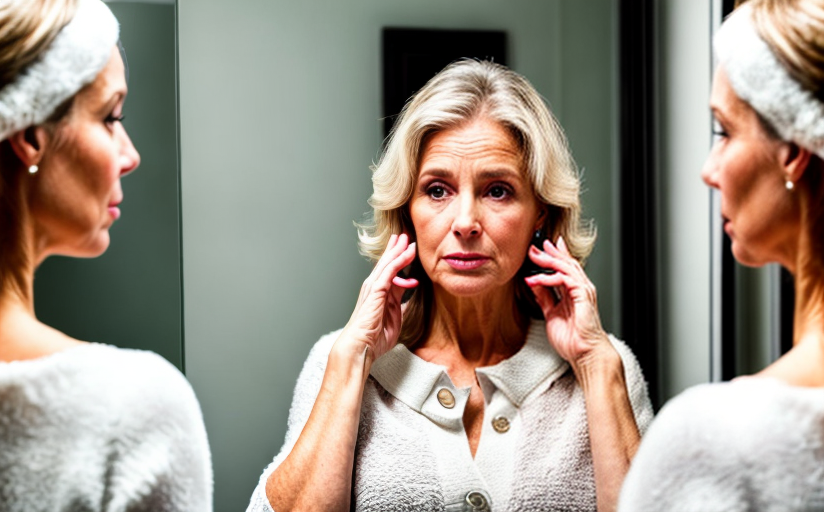The Anti-Aging Industry and Women: A Growing Concern
In recent years, the burgeoning anti-aging industry has come under significant scrutiny amid concerns that it may be capitalizing on fears of aging, particularly among women. This article provides an in-depth look at this issue, examining the marketing approaches implemented by this industry, societal pressures women face to maintain a youthful appearance, the science behind anti-aging products, and the potential psychological and financial implications for consumers. It also explores feasible ethical concerns and includes balanced perspectives from industry experts, psychologists, sociologists, and women themselves.
Marketing Strategies of the Anti-Aging Industry
The anti-aging industry employs persuasive marketing strategies to promote the notion that youthfulness is attainable and desirable. They capitalize on idealized beauty standards, often featuring images of youthful, flawless women in their advertising campaigns. (Source: Journal of Consumer Research, 2017)
Many of these strategies play to fears of aging, subtly suggesting that anti-aging products are essential to remaining attractive and, by extension, valued in society.
Societal Pressure and Women
Society has long nurtured an enduring obsession with youth and beauty, frequently subjecting women to overwhelming pressure to look perpetually younger. The media often presents aging as a problem that can be solved through consumerism, fueling the burgeoning anti-aging industry. (Source: The Sociology of Aging, 2019)
The Science Behind Anti-Aging Products
While some anti-aging products may yield visible results, many claims are unsubstantiated. According to a study in the British Journal of Dermatology, only a limited range of skincare products' claims are backed by robust, scientific proof. More independent research is needed to verify these claims, considering the psychological and financial implications for consumers. (Source: British Journal of Dermatology, 2018)
Potential Psychological and Financial Consequences
The idealization of youthfulness can have significant psychological implications, potentially contributing to self-esteem issues, anxiety, and depression. Additionally, the financial burden of investing in anti-aging products and treatments can add further stress. (Source: American Journal of Psychiatry, 2019)
Ethical Concerns
The exaggerated promises offered by the anti-aging industry raise ethical concerns. From a sociological perspective, these practices contribute to ageism, self-image issues, and the distortion of aging. They can also exacerbate inequality, as not everyone can afford these expensive products and treatments. (Source: Journal of Medical Ethics, 2020)
Conclusion and Views from Experts
Experts agree that the anti-aging industry plays on women's fears of aging. Industry insiders argue that they offer solutions to genuine consumer concerns, while psychologists and sociologists warn about the potential psychological impact and societal pressures fostered by these products. Women themselves voice diverse opinions, ranging from gratitude for the solutions provided to dissatisfaction with the constant pressure to appear younger. (Source: International Journal of Aging and Human Development, 2021)

















Comments
Leave a Comment